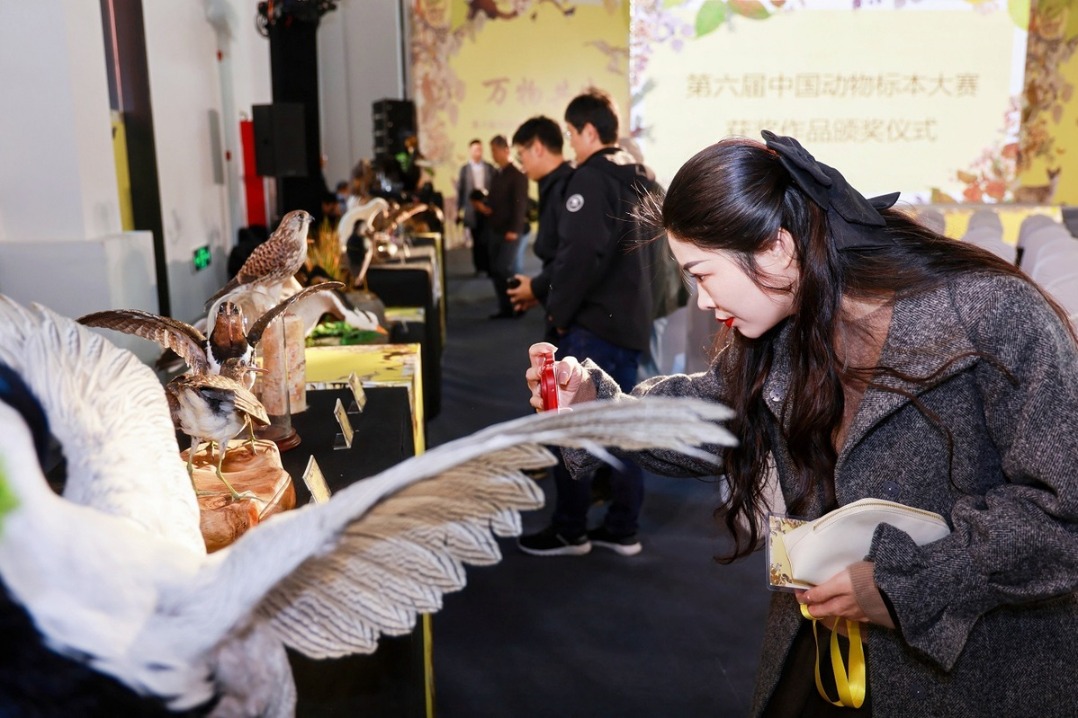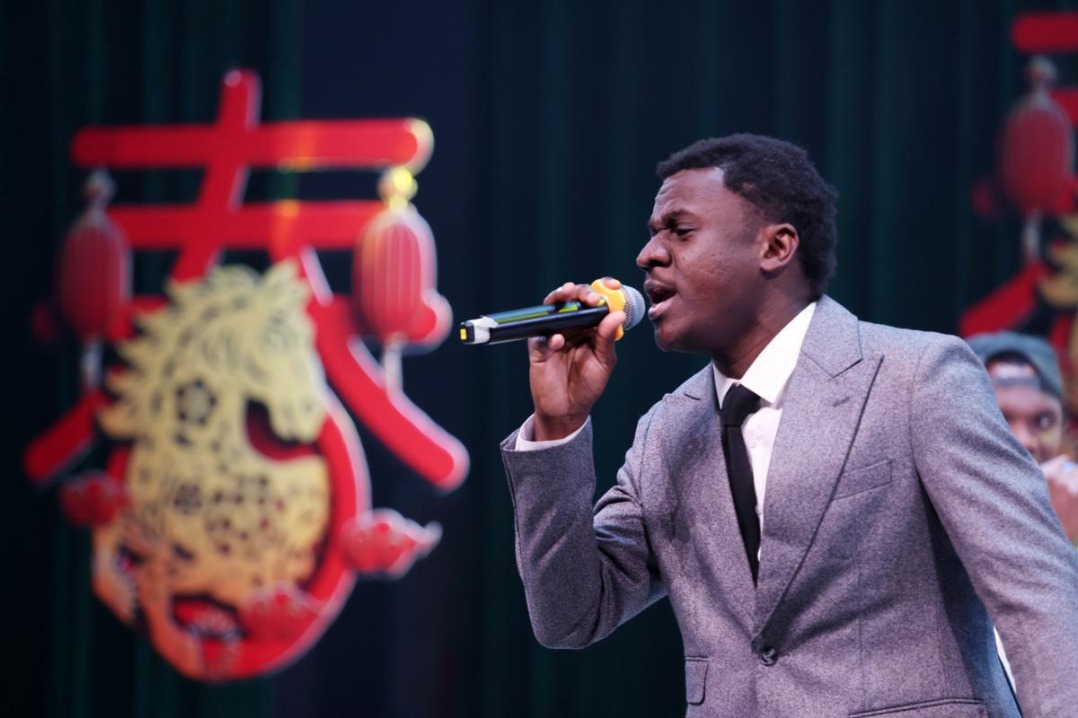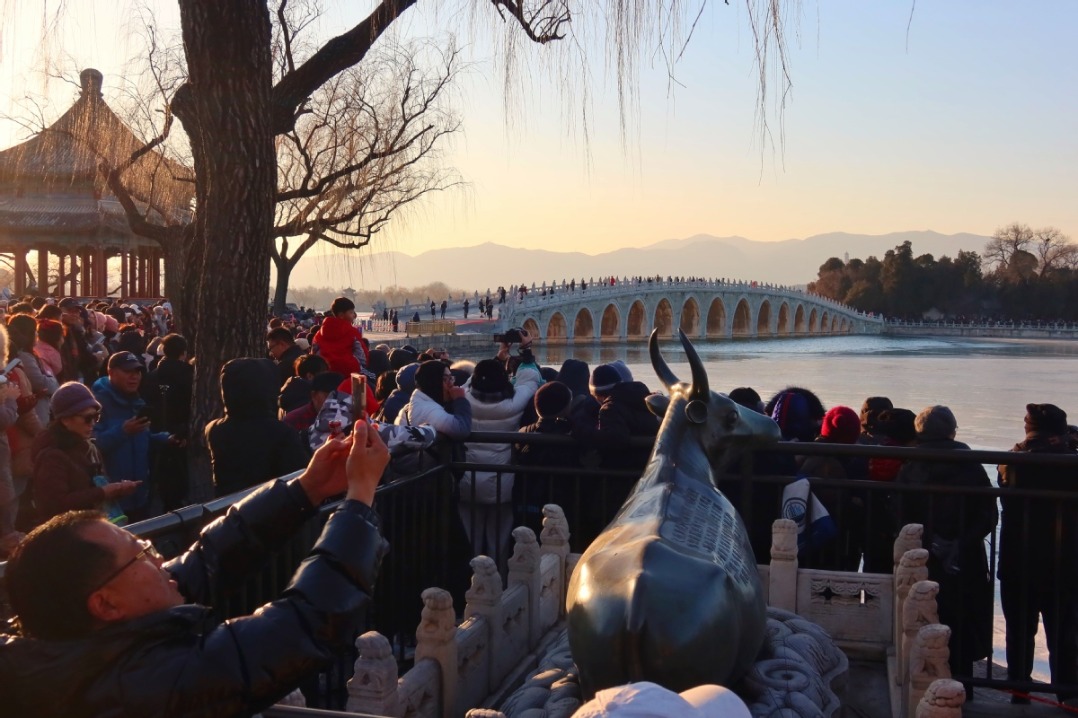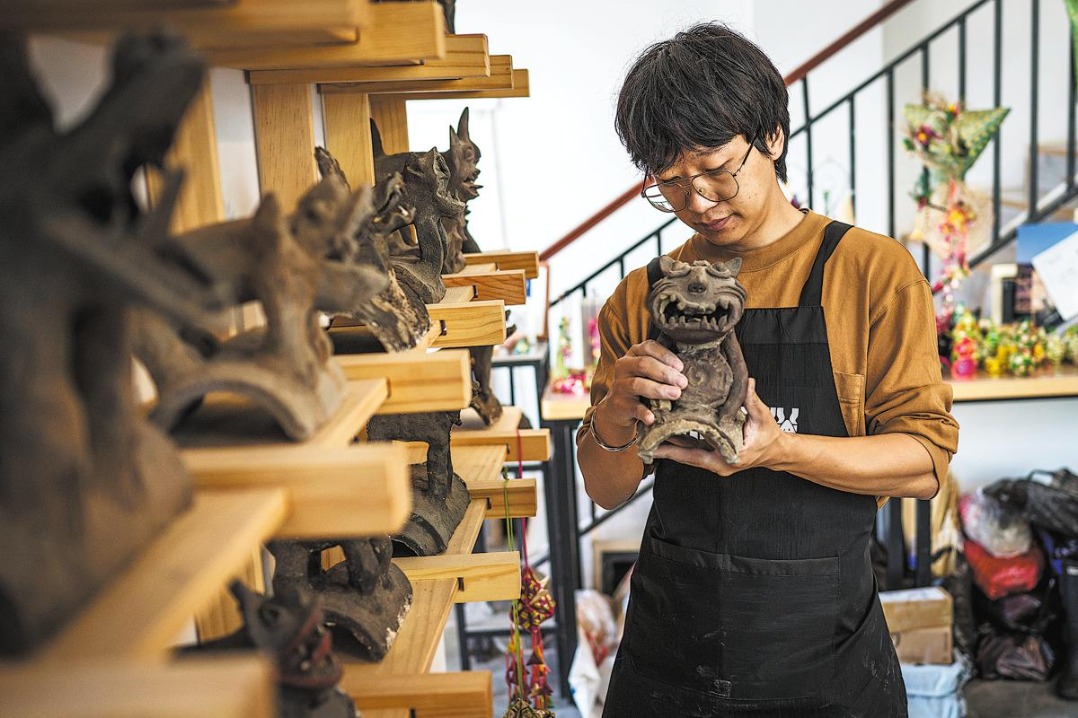Condition conquered by helping hands over the years

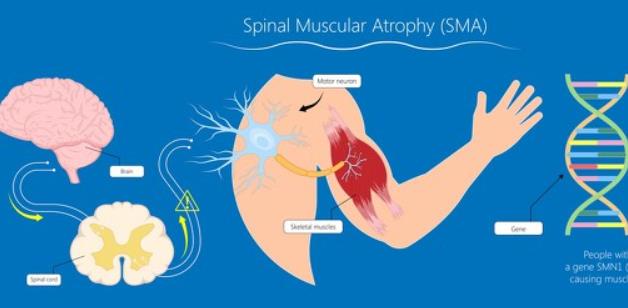
Xiaoqing, a 25-year-old SMA sufferer
I was born to a loving and happy family in Guangzhou, capital of Guangdong province, in 1996. My parents named me Xiaoqing, which translates as "little sunny" in English.
When I was 4, I was diagnosed with spinal muscular atrophy, or SMA, but I was found to have the least lethal type of this genetic disorder.
Over the years, I have received a lot of help with my condition, which affects muscle control. After I was diagnosed, my parents gave me a normal upbringing, sending me to typical schools so that I could experience the outside world as much as possible.
I had to rely on support devices to prevent knee injuries or scoliosis, a condition characterized by sideways curvature of the spine. I also took medication to boost immunity and prevent colds.
In primary school, I was assigned some simple tasks, but while I remember my head teacher in senior high school always telling me that I was no trouble, barrier-free facilities needed to be installed at the school, rather than kind words being used.
I became increasingly optimistic due to the goodwill shown by people around me. I thought hard to solve a problem, and refused to become frustrated, because it was all part of growing up and an important life experience.
In 2018, I was admitted to Renmin University of China in Beijing as a postgraduate student. It was the first time the university had admitted students with special needs. Academic life far from home went smoothly from Day One, and I was basically cared for by teachers and classmates.
My most treasured experiences in the capital were going to exhibitions, watching movies, and just hanging out with friends. I could get around with classmates simply by using an electric wheelchair.
I also experienced romance, and my boyfriend's affection and firm approach restored my confidence.
There is one song I particularly like, titled Count it All as Joy. The lyrics say that despite the challenges in life, you should treat them in hindsight as experience. After all, we only live once, so its worth taking in all the pleasures you can.
The disease left me with few options. I had to give up my beloved sociology, as I couldn't do field research. I also had to abandon hopes of becoming a playwright.
When I was a sophomore, my tutor encouraged me by saying, "You have an edge over others because you can calm yourself easily."
I pursued a major in history to the best of my ability. This was my way of accepting my condition.
I will soon further my studies abroad, majoring in public policy. Many social security systems overseas are relatively developed, and the physically disadvantaged can apply for free nursing.
I want to bring the experience I gain overseas to China, which needs an open and inclusive platform to enable those with SMA to actively integrate into society and make a full contribution to it through their work and other means.
Work is not just a matter of bread and butter, but of dignity. It means that we can count on our ability to make a contribution to others and fulfill ourselves.
Xiaoqing was talking to Zhou Wenting.
- 'Light Up Your Dreams' aerospace art project for children to continue
- Belarus receives new batch of Chinese COVID-19 vaccines
- Top doctor fights inequality in healthcare to raise standards nationally
- China donates 200,000 Sinopharm vaccine doses to Kenya
- Nurse honored by academy for advancing profession
- Shanxi ends province-wide blanket fireworks ban
- Audit: China fixes bulk of fiscal problems tied to 2024 budget
- China reports major gains in circular economy
- Chinese lawmakers review draft revision to banking supervision and regulation law
- Top legislature to study draft laws on environment, ethnic unity, national development planning
- Administrative organs must secure people's interests: senior judge

















